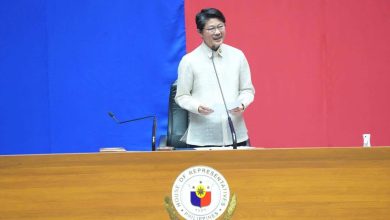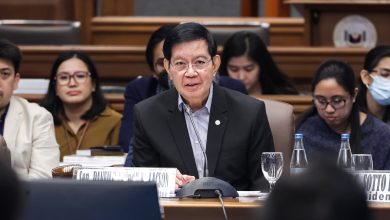More than 80% of Filipino children do not know what they should have learned in schools, a World Bank report has pointed out.
According to the report, only 10-22% of Grade 4, 5, and 9 students in the Philippines posted scores “at or above minimum proficiency.”
RELATED STORY: High school student commits suicide allegedly due to stress from remote learning
House Committee on Ways and Means chairperson and Albay Rep. Joey Salceda called for drastic changes in the Philippine education system for children and cited that the country’s economy will be at risk if the learning potential of these students remains untapped.
Salceda said that while the pandemic and economic crises would pass, literacy and its permanent effects on growth and intergenerational poverty would remain unless drastic changes were carried out in the school education system.
The Albay Representative is pushing for a Comprehensive Education Reform Agenda to overhaul the country’s educational curriculum and highlight functional skills, critical thinking, and good citizenship.
READ ON: “Tsuper noon, graduate na ngayon”: Student shares his inspiring graduation journey
Salceda further said that students in the Philippines “are stunted and undernourished” while the learning materials are “substandard” and the curriculum is “impractical”, describing an apparent lack of usable skills in a hypercompetitive global economy as a “life sentence” to poverty.
He also lamented the plight of teachers who are overworked and schools that are underequipped.
Salceda also added that due to school reopening delays and missing school in the pandemic, the estimated costs would be 0.5 to 0.7% of GDP this year, and 0.3 to 0.4% of GDP for the entire productive life of this generation of students. (AW)




